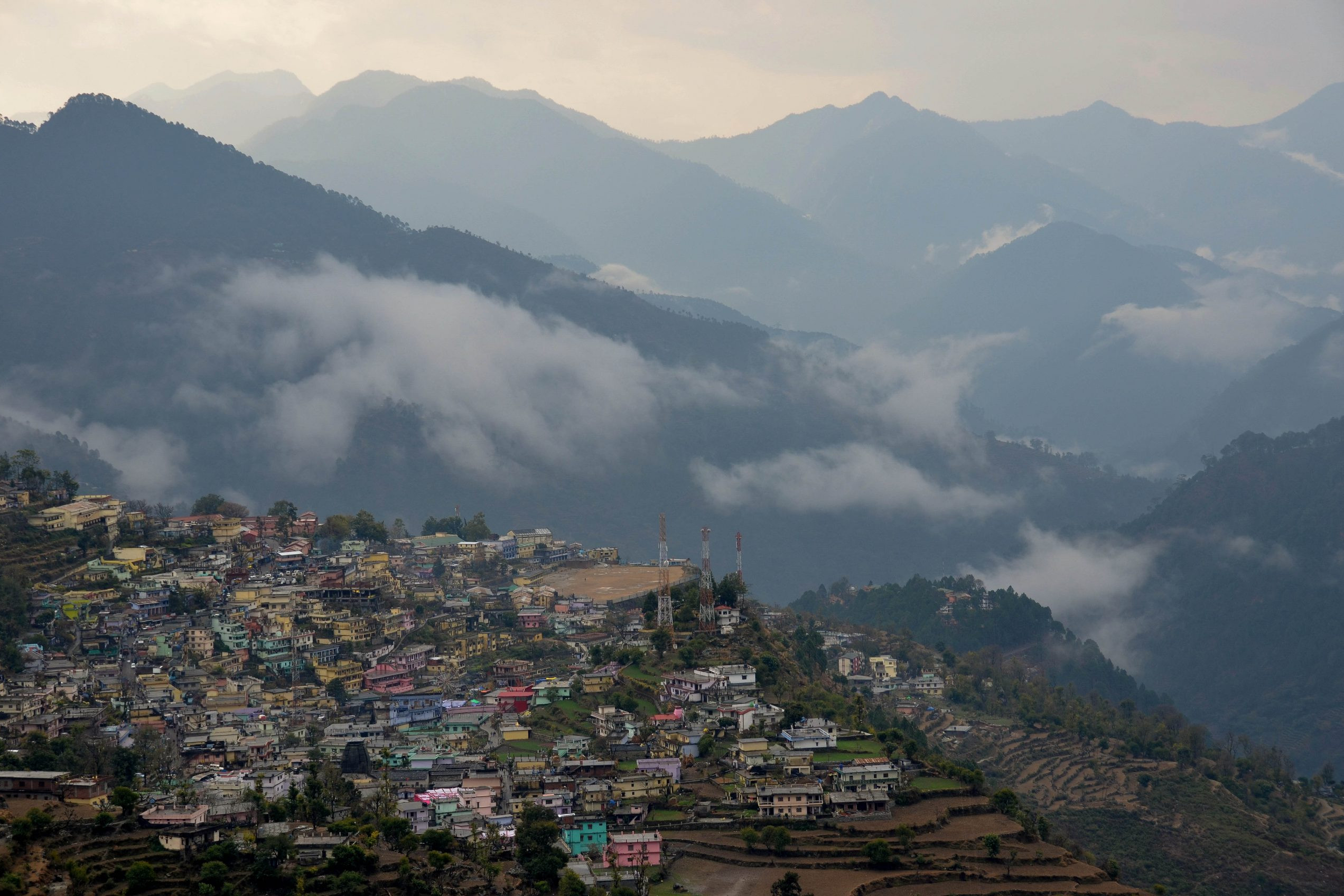Recently, for whatever reason, my mind has been turning to the nature of travel in the early 21st century. It was perhaps pricked by the tweets on my twitter feed full of information about places. You know, they swirl around and find their way to blogs, posts, articles and wherever else.
This ease of information no doubt brings with it a range of benefits for we travelers – insights from others, cheap fares, cheap accommodation and cheap eats, safety advice, connections and communities and the like. There is little doubt that is the case. Guide books and indeed letters home, have been doing this for centuries so it’s not anything knew. But what is new is the kind of ‘hyper-information’ now available – the information on the destinations, the communities of travelers and bloggers that have cropped up, the reviews of everything from hotels to bars to gear to take.This got me thinking about what we might now be missing with this world of ‘hyper-information’. What are the down-sides to information and reviews? By searching endlessly, are we losing some of the essence and the spirit of travel? Or, are we just traveling ‘differently’?
When doing some research I came across a wonderful quote from Lawrence Durrell. This seems to epitomize this dilemma between the act of planning and the act of traveling. He wrote: “Journeys, like artists, are born and not made. A thousand differing circumstances contribute to them, few of them willed or determined by the will – whatever we may think.” This ‘thousand different circumstances’ is very interesting because it raises the idea that the information, the searching and the reviewing might be reducing the very number of those ‘thousand different circumstances’. Therefore this may run the risk of homogenizing, or at least blue-printing, an experience that should be, let’s say, ‘organic’. It should be more open to interpretation, discovery, reflection, and deeper understanding.
It’s possible to say the answer to this is to be found in individual travelers and the ways they engage with the notion of travel. This is in part true I think. If we want to seek to increase the ‘thousand different circumstances’ by traveling in a more unplanned, organic way, then we can do that. Equally, as travelers, some of us want to research, to analyse, to plan, and we see that as part of the travel process – exciting times spent in front of the computer (or whatever other device) and exciting tweets sent out looking for information or advice. This generates its own kinds of connections and its own kinds of energy.
We need to be aware that the price may well be a reduced number of the ‘thousand different circumstances’. This might be a price we are able to, or want to, pay with the planning. For me, it’s a price none-the-less. It’s too easy, like so many other things, to put it down to individual choice. If we go the route of hyper-information, we should be aware of the fine-print to our contract with our travel expectations, the part of the contract that says ‘Undertaking this activity may reduce your thousand individual circumstances. This in turn might make your travel experience different to what it could be (for better or worse)’. I suppose what I am suggesting is the potential for over-planning and over-researching looms large. For some, this is a price they are willing to pay and we all make our own decisions about this.
The point I want to make is that we need to be aware that there are costs. These costs may well change the nature of the journey, the destination and the experience. It’s a price we all need to keep a watch on.

